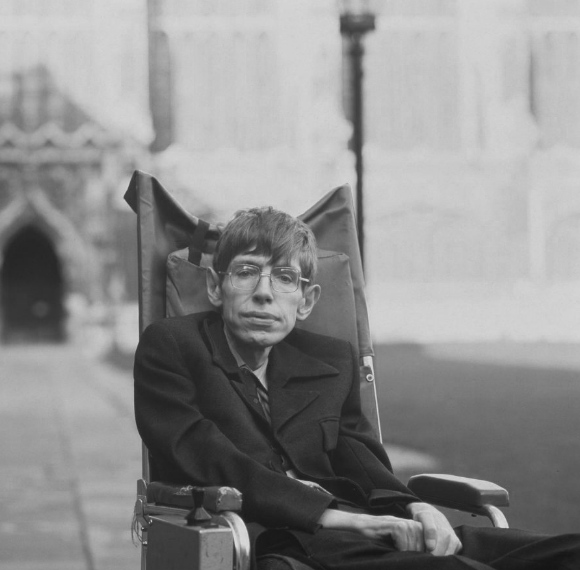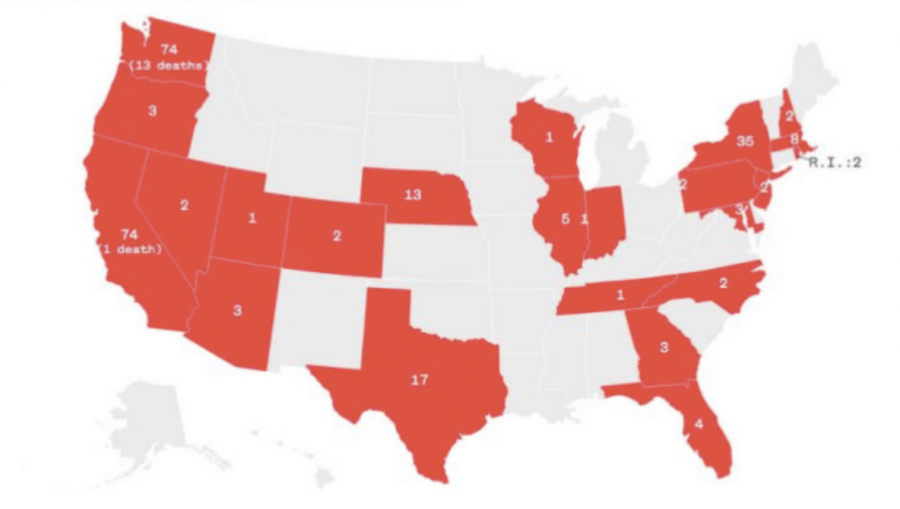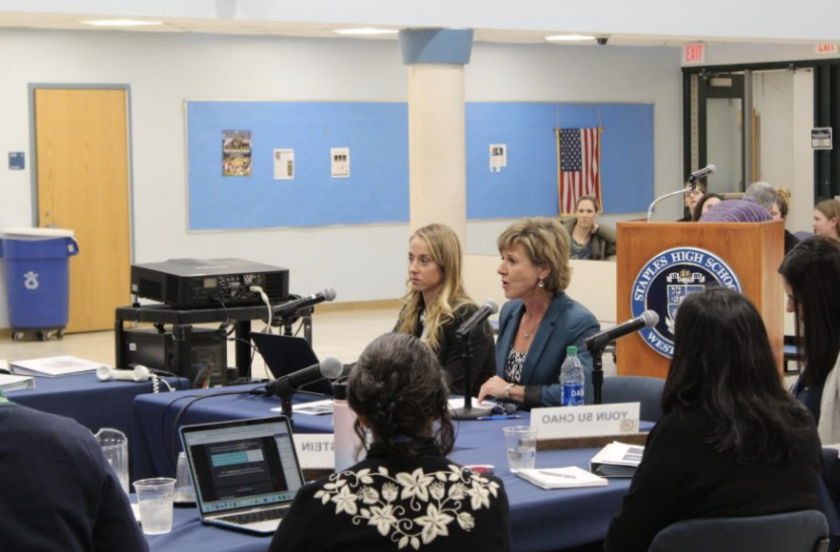By Charlie Colasurdo ’18
On Feb. 28, Democrats Douglas McCrory and Dorinda Keenan Borer won their races for Connecticut State Senate and House, and Republican Eric C. Berthel gained the other vacant Senate seat. Though it’s been months since Election Day, the Connecticut General Assembly was facing three vacancies in both of its chambers, making a series of special elections necessary.
The newly elected officials hail from Senate Districts two, 32, and House District 115 respectively, all vacated in the past year. The Senate remains in an even 18-18 split between Republicans and Democrats, while the House has become slightly more Democrat-dominated. McCrory won with 74.1 percent of the vote, Berthel with 53.9 percent, and tallies for Borer’s win are still being counted, according to Ballotpedia
For students at Staples like Rebecca Lee ’18, this election was seen as an important factor in increasing minority party representation in the US. “Especially right now, since we have a Republican president, this [election] will make our future decisions on issues we may face more balanced and it will more likely represent the opinions of both parties in the US rather than just one.
While special elections do not generally receive the notoriety of those held on Election Day, citizens leaving the polls Tuesday had the ability to dramatically impact Connecticut’s political landscape, for one key reason – both the House and Senate have nearly even partisan splits. Lieutenant Governor Nancy Wyman’s tie-breaking authority gave Democrats the legislative majority within the Senate and is now expected to continue to do so throughout the next electoral cycle.
Ctmirror.org, a Connecticut news blog, has stated the state remains one of nearly six in the US to boast both a Democratic majority legislature and be led by a Democratic governor. The outcome also came as good news for Sophie Smith ’18, who believes that going forward, the state of Connecticut will be more likely to be representative of more liberal issues, including topics such as “planned parenthood and LGBTQ rights, which can now be addressed instead of being ignored by the Republican members.”
Photo contributed from Facebook
























































